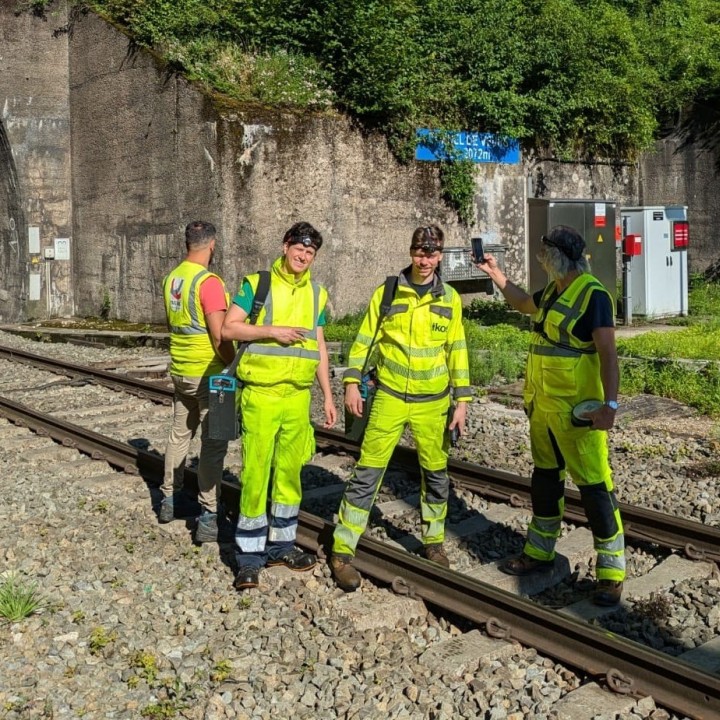
Smarter tech for stronger teams: Catalay's take on AI in engineering recruitment
Artificial Intelligence (AI) is rapidly transforming recruitment. But can it truly deliver on the promise of fairness and inclusion? In this article, Branch Lead Arnaud Vandeput shares actionable insights for leaders and HR professionals seeking to harness AI ethically and effectively.
Why inclusion matters in recruitment
Despite technological progress, unconscious bias still influences hiring decisions. Recruiters may unintentionally favor candidates based on ethnicity, gender, or background rather than skills and potential. This not only affects fairness but also limits diversity and innovation across organizations.
How AI can help (and where it can fail)
AI-powered tools are increasingly used to automate CV screening, match candidates to roles, and even draft job descriptions. At Catalay, these tools significantly reduce search time and improve efficiency. When designed and implemented thoughtfully, AI can:
-
Help our recruiters save time, allowing them to focus on high-value, human-centric tasks.
-
Reduce bias by prioritizing skills and competencies over personal characteristics.
-
Expand our talent pool by identifying candidates who might otherwise be overlooked.
-
Lower costs and improve quality of hire.

However, AI is not immune to bias. If training data includes unfair attitudes, algorithms can replicate or amplify those biases. For example, underrepresented groups in training data may face unfair treatment.
Challenges linked with the use of AI
Ethical recruitment is all about creating workplaces where everyone has a fair chance to succeed.
Organizations must:
-
Address GDPR and data privacy concerns,
-
Avoid creating inauthentic or generic candidate experiences,
-
Maintain human oversight to ensure fairness and empathy.
AI can be a powerful ally, but only if we remain vigilant about its limitations and actively work to make it inclusive.
So, what makes AI inclusive?
3 pillars are essential for AI in inclusive recruitment:
-
Diverse development teams: AI systems should be designed by teams with varied backgrounds to avoid embedding limited perspectives.
-
Representative data: Data must reflect real-world diversity, including gender, ethnicity, and other relevant factors.
-
Accessibility: AI tools should be usable by all, including people with disabilities.
Catalay’s approach to AI in recruitment
At Catalay, we integrate AI into our recruitment processes with a strong focus on ethics and inclusion. Our practices include:
-
AI-driven CV screening to accelerate searches while maintaining fairness
-
Skills-based matching using LinkedIn AI features and proprietary algorithms
-
Bias audits on AI tools to ensure compliance with diversity objectives
-
Human oversight at every stage, to ensure empathy and contextual judgement remain central
This approach allows us to combine efficiency with responsibility, ensuring technology supports, not replaces, human decision-making.

Conclusion
Artificial intelligence offers exciting opportunities to make recruitment more inclusive, but it is not a silver bullet. Ethical leadership, critical oversight and a commitment to diversity are essential to ensure technology serves everyone fairly.
Are you looking to hire skilled engineers or technical experts?
At Catalay, we specialize in recruiting and staffing skilled engineering and technical talents across industries such as Construction, Heavy Infrastructure, Energy and Energies. With a dedicated HQ team of 14 experts, we ensure the sourcing, performance, and success of the professionals who drive your projects forward.
Want us to help you find your next talent?
Overview



